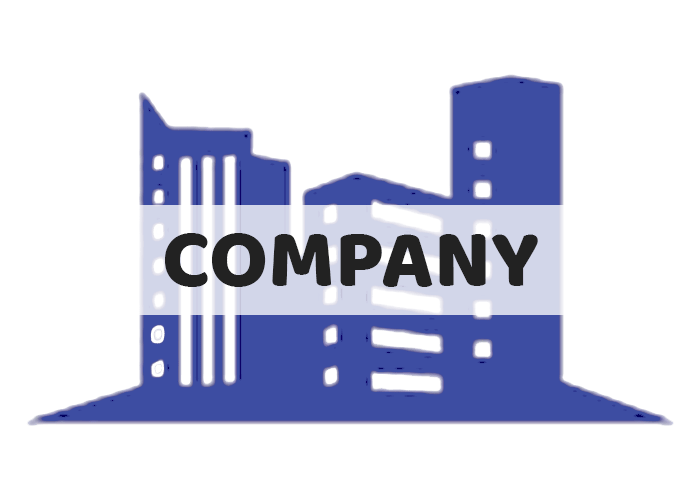The Property of the Company is the Property of its Members. Explain.
A company is a legal person and is different from its members. The property of the company belongs to the company alone and the members can not claim individually or jointly ownership rights in the assets of the company during its existence or in its winding up. A company can file a suit against its members and the members can also file a suit against the company.
Further, the members are not liable for the liabilities of the company. Their liability is limited to the extent of their shareholdings. Creditors of the company are the creditors of the company alone and they cannot proceed directly against the members of the company. The concept of separate legal entity was recognized in the famous case of Solomon vs. Solomon & Co. Ltd.)
In this case, Mr. Solomon floated a company Solomon & Co. Ltd. and sold his business to the Company for £ 30,000. Seven members of the company were Solomon, his wife, daughter and four sons. The purchase consideration of £ 30,000 was paid by the company in the form of 20,000 equity shares of £ I each and £ 10,000 in the form of debentures. The debentures had a charge on the assets of the company. One share of £ 1 each was subscribed for in cash by the remaining six members of his family.
After a period of one year, the company became insolvent and went into liquidation. At the time of liquidation, the position of the company was roughly like this Assets £ 6,000, secured creditors (debentures issued to Mr. Solomon) £ 10,000 and unsecured creditors £ 7,000. The unsecured creditors claimed priority over the debenture-holder (Mr. Solomon) on the ground that Solomon and Solomon & Co. were one and the same person.
Therefore, the assets of the company should be applied for the payment of their debts. The lower court held that the company was a mere agent for Solomon who had to indemnify it against the losses. Mr. solomon appealed in the higher court and the decision was reversed.
It was held that as soon as the company was duly incorporated, it became, in the eyes of law, a separate and independent person from its members. Thus, the assets of the company must be applied in payment of the debentures first in priority to the unsecured creditors. Thus, unsecured creditors could not get anything.
In another case Lee vs. Lee’s Air Farming Ltd, Lee formed a company Lee’s Air Farming Ltd. He held 2,999 shares out of 3,000 shares of the company. He appointed himself as the Managing Director of the company as well as the chief pilot at a salary. While carrying out his duties, he died in the air cash. His widow claimed compensation on the plea that Mr. Lee was an employee of the company, The company opposed the claim on the ground that the same person can not be employer as well as the employee. But the court decided that Lee and the company were separate in the eyes of the law.
A company, being a legal person, is capable of owning, enjoying and disposing of property in its own name. The property of the company is to be used for the company’s business and not for the personal benefit of its members.
In the case of Macaura vs. Northern Assurance Co. Ltd., Macaura (M), the owner of a timber estate sold all the timber to a registered company in exchange for the shares in the company. The timber continued to be insured in M’s name personally. He held all the shares of the company except one. Fie had also advanced loan to the company.
Bulk of the timber was destroyed by fire. M claimed the loss from the insurance company. Held, the insurance company was not liable as M had no insurable interest in the company’s property. M, neither as shareholder nor as creditor, could insure the company’s property.





